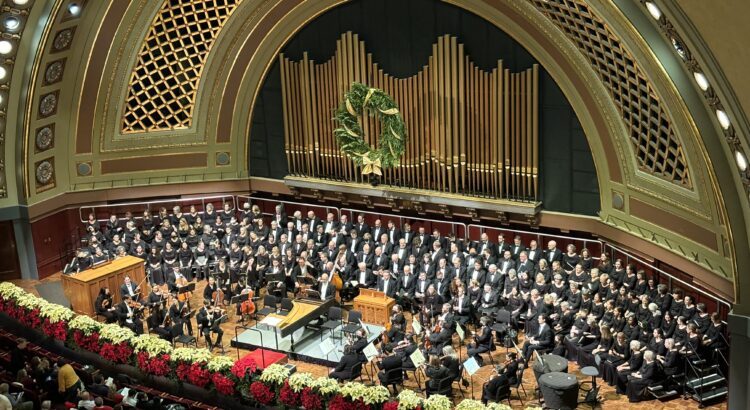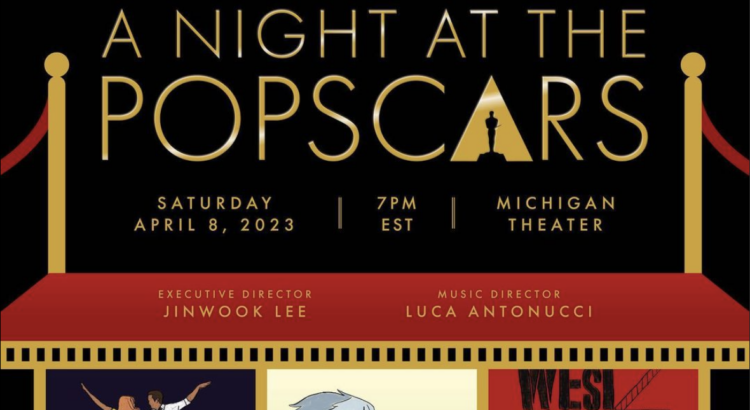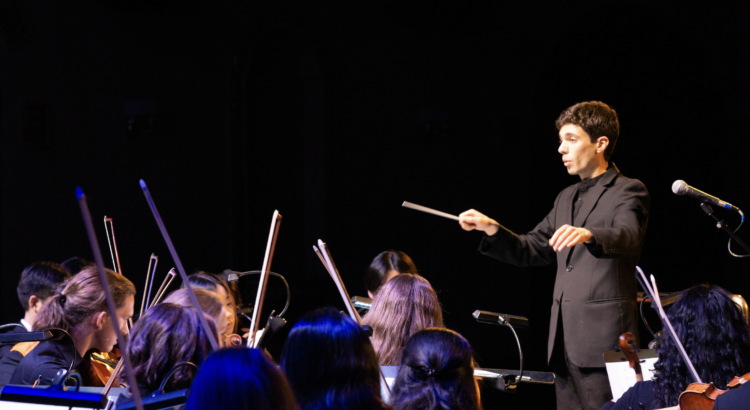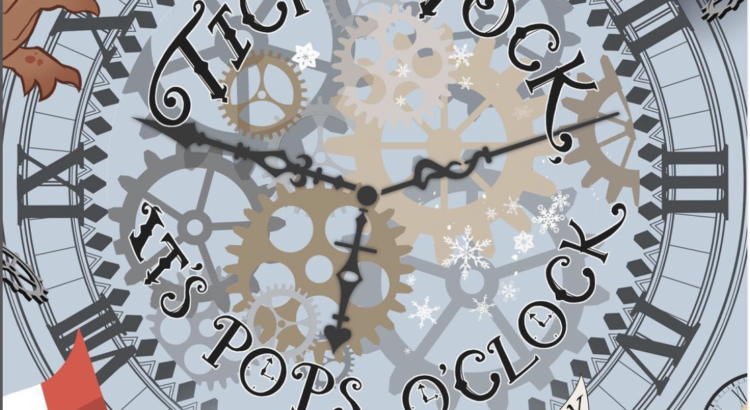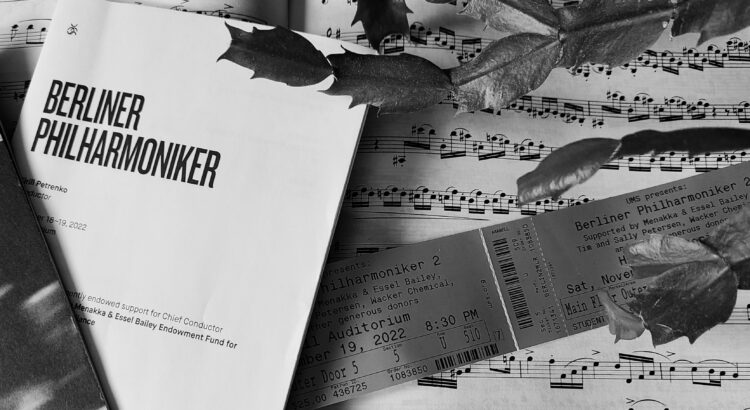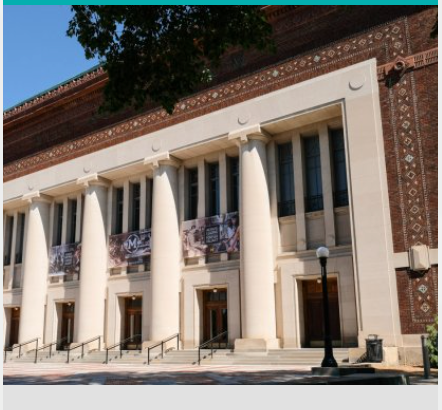Handel’s Messiah is undoubtedly one of the most well-known choral repertoires, and the Ann Arbor Symphony Orchestra and UMS Choral Union’s performance of it was very lovely. As Handel’s Messiah is a Christmas tradition, there was a bed of red and white flowers circling the stage that was a nice visual addition. It was packed with a large choir accompanied by a small chamber orchestra, which also had a harpsichord and organ.
I enjoyed listening to the harpsichord because it added a playful quality to the music. The harpsichord is the predecessor to the piano but has a string-like quality, so the sound stood out amongst the rest of the instruments. When the organ played it took me aback because of how loud it was, but I loved the heavier atmosphere it layered onto the orchestra. The strings did a really good job recreating the baroque sound, which is much more airy and uses trills to emphasize notes whereas romantic music uses lots of vibrato.
When Hallelujah played, the audience all stood up to sing along, and the singers around me were very talented, perfectly blending in with the choir on stage. My favorite part, though, was the 48th Air which featured a trumpet solo that traded off with the choir soloist. I don’t think I’ve heard a trumpet solo that was unaccompanied before. The trumpet had a very clear bell-like sound that traveled well through the large hall. I was also a big fan of the ending of the Messiah; it immediately captured my attention with the organ’s entrance and had a wonderful buildup that demanded the audience’s attention.
I’m not religious and wanted to attend this event purely for the music. I do think it’s more targeted towards vocalists than instrumentalists, but it was still fun to see a different side of the strings that had that baroque quality since many baroque pieces played now have adapted a more romantic style. It was a super long concert: almost 3 hours long, so I don’t think I’d attend another playing of Handel’s Messiah. However, I’m really glad I had the opportunity to see it live once.

